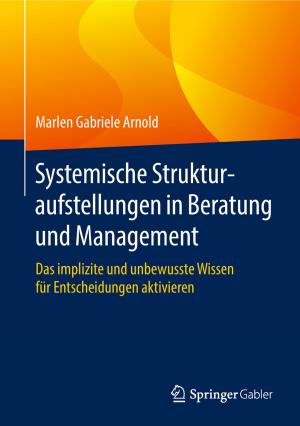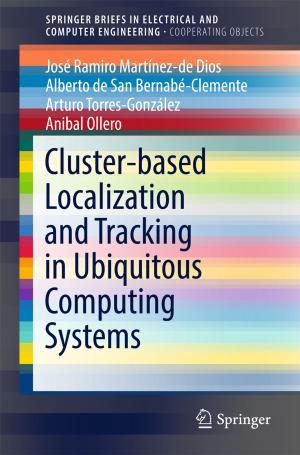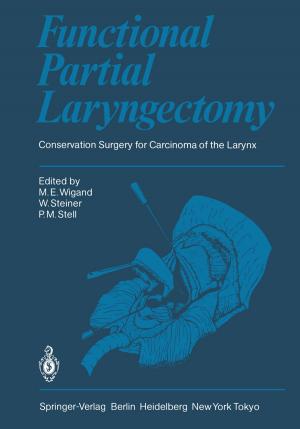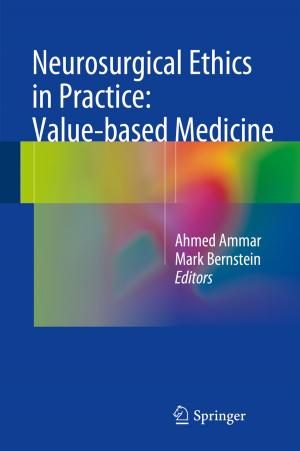Investigating Chinese HE EFL Classrooms
Using Collaborative Learning to Enhance Learning
Nonfiction, Reference & Language, Education & Teaching, Teaching, Language Experience Approach, Language Arts, Study & Teaching| Author: | Lin Lin | ISBN: | 9783662445037 |
| Publisher: | Springer Berlin Heidelberg | Publication: | November 3, 2014 |
| Imprint: | Springer | Language: | English |
| Author: | Lin Lin |
| ISBN: | 9783662445037 |
| Publisher: | Springer Berlin Heidelberg |
| Publication: | November 3, 2014 |
| Imprint: | Springer |
| Language: | English |
This book presents a study on corpus-driven distribution as the main method of prediction, concentrating on individual semantic features to predict the senses of non-defined words by using corpora and tools, such as the Chinese Gigaword Corpus, HowNet, Chinese Wordnet, and XianDai HanYu CiDian (Xian Han). With the help of these corpora, the study determines the collocation clusters of four target words: chi1 “eat,” wan2 “play,” huan4 “change” and shao1 “burn” through character and concept similarities. The results of this sense prediction study demonstrate that it was able to use off-line tasks to test some participants’ intuition, which supports the theory that different clusters can represent different senses when pursuing a corpus-based, computational approach.
This book presents a study on corpus-driven distribution as the main method of prediction, concentrating on individual semantic features to predict the senses of non-defined words by using corpora and tools, such as the Chinese Gigaword Corpus, HowNet, Chinese Wordnet, and XianDai HanYu CiDian (Xian Han). With the help of these corpora, the study determines the collocation clusters of four target words: chi1 “eat,” wan2 “play,” huan4 “change” and shao1 “burn” through character and concept similarities. The results of this sense prediction study demonstrate that it was able to use off-line tasks to test some participants’ intuition, which supports the theory that different clusters can represent different senses when pursuing a corpus-based, computational approach.















